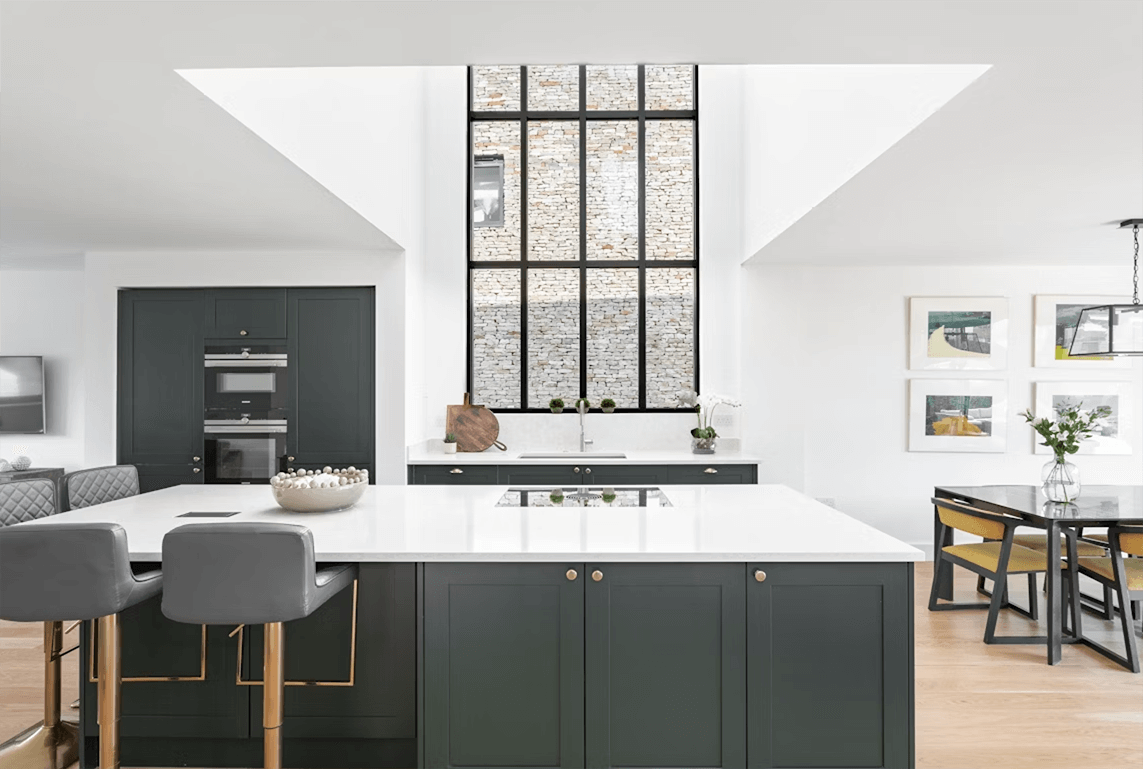Below, you’ll find expert advice on selecting the best countertop material—marble, quartz, or quartzite. Learn key do’s and don’ts, maintenance tips, and how to choose materials that balance style, durability, and functionality.
Quartzite is a metamorphic rock, derived of sandstone (quartz crystals) fused together under high temperature and pressure. It is essentially sandstone that has been transformed. Higher quality quartz generally rates at 7 or above on Mohs hardness scale, which is a durable and very scratch resistant product. If the slab looks like “sand art” it is probably quartz.
